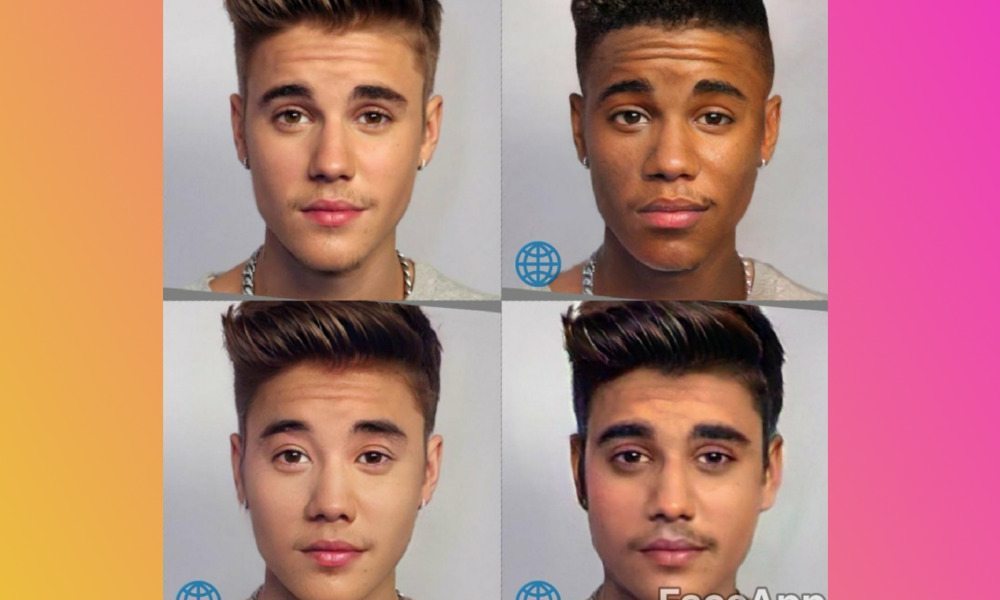FaceApp Pulls Race-Themed Filters After Backlash

Toggle Dark Mode
Popular selfie platform FaceApp pulled several new racially themed filters from its app shortly after introducing them due to a slew of backlash.
FaceApp is an app that uses artificial intelligence to automatically “edit” facial appearance in selfies via a variety of filters. Some of the app’s more popular filters allowed users to look younger, older or appear as a different gender. This week, however, the app launched several new filters: Caucasian, Asian, Indian and Black.
The criticism was swift, with many users equating the new filters to digital blackface or yellowface. Especially since the filters seemed to rely on unfortunate yet deeply embedded racial stereotypes — slanted eyes for the Asian filter, and a gray mustache for the Indian one, for example. Less than 24 hours after the new filters were introduced, the Russia-based company pulled them off of the app.
FaceApp CEO Yaroslav Goncharov stressed that the filters were “designed to be equal in all aspects,” and that there was no bias or prejudice involved. “They don’t have any positive or negative connotations associated with them. They are even represented by the same icon,” Goncharov said in a statement to TechCrunch.
This isn’t the first time that the face-changing app has come under fire for racial insensitivity. In April, FaceApp added a “hot” filter that was meant to make users appear more attractive. It also seemed to consistently lighten a face’s complexion, The Guardian reported. In the wake of that controversy, the company blamed it on an “unfortunate side-effect of the underlying neural network caused by the training set bias, not intended behavior.” Basically, the AI was only fed pictures of white people, so it associated lighter skin with “hotness.”
FaceApp isn’t the only company to be scrutinized for allegedly racist filters. Snapchat, too, was widely criticized for its “Bob Marley” filter that gave users dreadlocks, a rasta hat and darker skin, The Washington Post reported.






